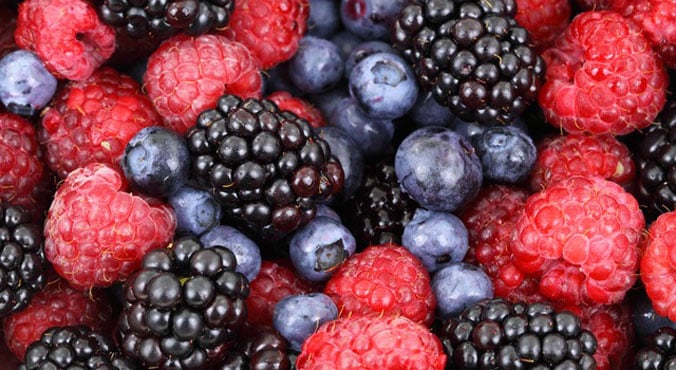
Image: Pixabay
‘Antioxidant’, and its mortal enemy the ‘free radical’, are the sexiest buzzwords in health and beauty. However, unless you love organic chemistry, the process by which antioxidants work is a little less exciting than a 3D animation of molecules dressed as knights and dragons battling each other (it’s also not at all how antioxidants work).
What antioxidants do is all in the name – they inhibit molecules around them from oxidising. Why is oxidation something you might want to inhibit? Well, just like oxidation in iron (aka: rust), oxidation in people can make your body a little… crummy.
Oxidation is a perfectly natural process, but that doesn’t mean it’s great for you. Oxidation occurs when the atoms, molecules and ions in your body shed electrons. This shedding process creates free radicals – molecules and ions that are missing electrons. Desperate to plug the holes in their electron shells, free radicals are totally happy to turn around and steal the electrons of other, complete atoms, molecules and ions that surround them. Once a molecule has an electron stolen by a free radical, it becomes a free radical, causing an electron-thieving chain reaction that can lead to cells dying or mutating. It’s the highly reactive nature of free radicals that leads to cancer, ageing and other human body ‘do not wants’.
Antioxidants step in by breaking the chain of oxidation, because they offer free radicals one of their electrons to steal instead. This means antioxidants don’t so much fight free radicals, as lend them fifty bucks so they calm the heck down.
Antioxidants don’t just preserve humans – they’re also used as preservatives in foods and cosmetics, although some of them last longer than others. Vitamin C, for instance, is very hard to keep stable, and only lasts a few weeks at a time.
Commonly known antioxidants include vitamin A, vitamin C, vitamin E and melatonin. But don’t go reaching for the supplements shelf just yet, because studies have so far shown conflicting evidence about whether consuming antioxidants in supplements, rather than through normal food intake, is any good for you at all.
